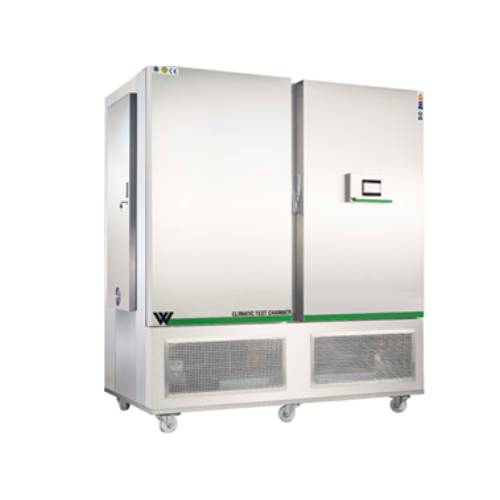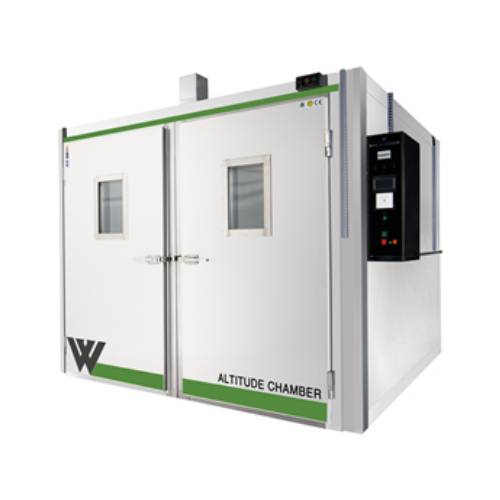Climatic Test Chamber Manufacturer
A Climatic Test Chamber is a versatile environmental testing device designed to simulate a wide range of climatic conditions to evaluate the performance, durability, and reliability of materials, components, and products. These chambers are essential for industries such as automotive, aerospace, electronics, construction, and pharmaceuticals, where products are often exposed to extreme or fluctuating environmental conditions during their lifecycle.
Climatic test chambers can replicate various environmental factors, including temperature, humidity, rain, wind, and UV radiation. They are equipped with advanced systems for heating, cooling, humidifying, and dehumidifying, allowing for precise control of the internal environment. Typical temperature ranges can span from -70°C to +180°C (-94°F to +356°F), and humidity levels from 10% to 98% relative humidity (RH). This flexibility enables testing for both extreme conditions and gradual climatic variations.
The chambers are commonly used for applications such as thermal cycling, where products are exposed to rapid changes between high and low temperatures to simulate environmental stresses. Humidity testing evaluates a product's resistance to moisture-related degradation, while corrosion testing assesses the impact of humidity and temperature on materials prone to oxidation or rust. Some chambers also include UV radiation capabilities to mimic sunlight exposure for photodegradation studies.
Modern climatic test chambers are equipped with programmable controllers that allow users to create and automate complex test profiles. Advanced models may feature data logging, remote monitoring, and integration with laboratory management systems, making them highly efficient for both research and quality assurance purposes.
By using climatic test chambers, manufacturers can predict how products will perform in real-world conditions, identify potential weaknesses, and make necessary design improvements. These chambers play a crucial role in ensuring that products meet industry standards, function reliably, and deliver consistent performance throughout their intended lifecycle.



